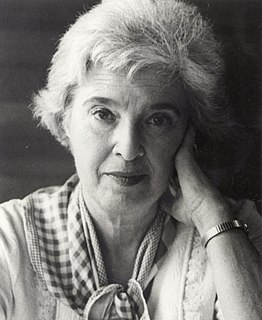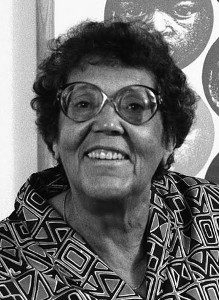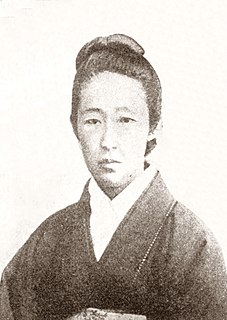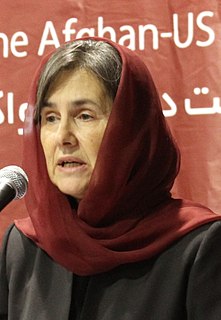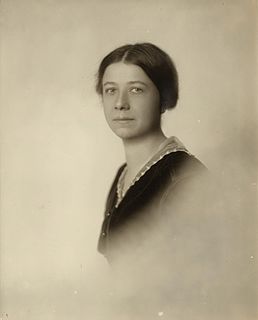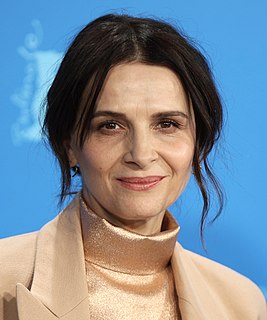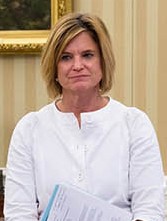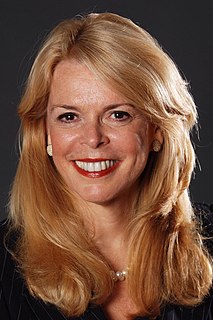A Quote by Gerda Lerner
When I started working on women's history about thirty years ago, the field did not exist. People didn't think that women had a history worth knowing.
Related Quotes
When I started giving talks about women's history, one of the things that bothered me was the tendency to say, 'Well, everybody was totally oppressed and suddenly in 1964 we rose up, got our freedom, and here we are.' It dismisses the women who fought for rights for several hundred years of our history up to that point.
Women were free in older times when the Islamic nation was strong. There are so many examples in history, not more than a thousand years ago, when Muslim women were leaders, scientists, professionals, and so on. It is all about justice, and justice can be attained through having the rulers accountable to their people.
Once women invented farming, and began to keep and breed animals, they discovered the crucial function of the rooster and the henhouse. Fathers suddenly gained a function, and could do what only women had been able to do for all those millions of years--point at a child and say, "That is my son," "That is my daughter." Patriarchy quickly followed, beginning about five thousand years ago; a very short time in the development of our species, but covering all of recorded history.
Women's tennis has been around for a very long time - we're talking about the 1800s. But women's soccer hasn't had such a long history, so now they're right at the beginning of really trying to make things equal. We need to continue not only to advocate for women but to have men advocating for women.
Despite the modern dogma to the effect that women were a subject sex until the nineteenth century 'emancipated' them from history, women in history had demonstrated strong wills and purposes, had made assertions, and had directed or influenced all human destiny, including their own, since human life began.
More education for women. More jobs for women. More equal opportunities for women. More women to be taken seriously. And I think more than anything we wish to be heard and not to be shut down. I think this is a good thing to think about for any community; what is important is that our voices be heard and not swallowed in an abyss of history.
We've made so much progress in the last 100 years, and I think it's easy for us to think that women in the workplace, women in politics, isn't that big of a deal. And when you step back and look at it from the scope of human history, from thousands and thousands of years - it's a radical idea for a woman to be in charge.
Hillary Clinton was urging voters to make history, but a lot of voters, particularly women, had trouble with her history. And she was portraying herself as a feminist, as a glass ceiling breaker, but, in fact, in the eyes of many women, especially women closer to Hillary Clinton's own age, she had gotten where she was primarily on her husband's coattails.
